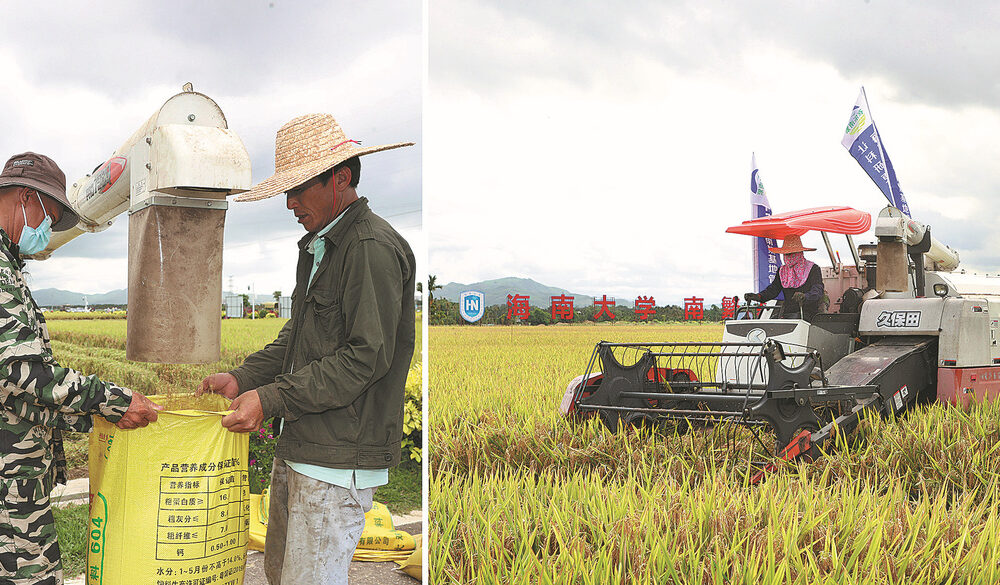China will step up efforts to coordinate agricultural production and COVID-19 epidemic prevention, stabilizing economic development in agriculture and rural areas amid rising uncertainties in the overall economy, a senior official with the agriculture ministry said recently.
Vice-Minister Deng Xiaogang said that annual grain output above 650 million metric tons is the bottom line, and spring sowing under epidemic prevention and control measures is crucial for the country’s summer harvest-the first battle for the annual grain harvest.
Affected by rare autumn floods in five provinces last year, the late-sowing area of winter wheat reached 7.3 million hectares, resulting in a complicated seeding situation that hasn’t happened in many years.
In addition, the prices of agricultural materials such as pesticides have continued to rise and many places are seeing flare-ups of domestic cases. “The harvest of summer grain has encountered unprecedented pressure,” Deng said.
The central government has invested a record 6 billion yuan ($900 million) to support summer grain production, including 1.6 billion yuan to subsidize the robust growth of wheat. A one-time subsidy of 20 billion yuan has been distributed to farmers to alleviate the impact of rising agricultural material prices, he added.
The ministry has launched campaigns to survey the seedling growth of each county, and has dispatched 100 officials and 200 technicians nationwide to instruct field management in accordance with emergency plans and guidelines.
As the transportation of agricultural products was affected by the local epidemic outbreaks, “the ministry has opened a hotline and online message platforms to solve the difficulties encountered by farmers in spring sowing.”
At present, the supply of seeds, fertilizers and pesticides is generally guaranteed. The production of summer grain is better than expected. Spring sowing is progressing smoothly and faster than last year, with more than 40 percent of the crops having been planted, Deng said.
He stressed that increasing farmers’ incomes is an essential task of the agricultural sector. “An important measure to test the achievement of rural work is to check whether farmers’ pockets are bulging,” he said.
In the first quarter of this year, farmers’ incomes increased by 6.3 percent, 2.1 percentage points faster than their urban counterparts. However, farmers met challenges in going out to work due to the spread of the epidemic.
“We must spare no effort to maintain the increase of farmers’ incomes by developing rural industries, stabilizing employment, promoting entrepreneurship and investing in business,” Deng said.
Local authorities will expand the agricultural processing industry, gradually restore rural tourism, and focus on developing characteristic industries in areas that have shaken off poverty.
As wages account for more than 40 percent of farmers’ total income, modern agricultural industrial parks should be built to ensure farmers employment in nearby areas.
Regional cooperative projects and enterprises are expected to play roles in ensuring that more than 30 million migrant workers in once poverty-stricken areas get jobs.
The country will keep promoting rural entrepreneurship to further drive employment and increase farmers’ incomes.
“A rural start-up project can provide stable jobs for six to seven farmers and flexible employment for 17 people on average,” Deng said.
The ministry will continue to optimize the rural business environment, guide commercial capital to flow to the countryside and help farmers become prosperous together, he added.

